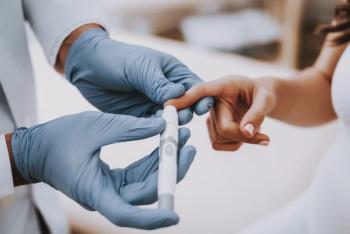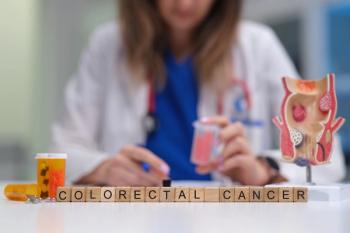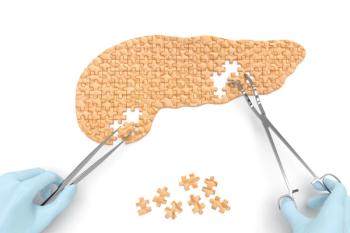
Study Shows Significant Decline in Cancer Screenings Amid Pandemic
A recent study evaluated the effects of the COVID-19 pandemic on normal cancer care activities, including cancer screening efforts.
A recent study suggests that fewer patients sought camcer-related care as a result of the coronavirus disease 2019 (COVID-19) pandemic.
Published in JCO Clinical Care Informatics, the study is the largest to date to measure the effects of the pandemic on normal cancer care activities, including cancer screening efforts.1
Investigators from the Sidney Kimmel Cancer Center – Jefferson Health (SKCC) analyzed patient encounter data from the CCRN, a TriNetX network of 20 US institutions representing more than 28 million patients, comparing the differences from January 2019 to April 2019 with the same months in 2020.1
Overall, the findings showed significant declines in both existing and new incidences of neoplasms (malignant, benign, in situ, and unspecified behavior), as well as substantial decreases in breast cancer and colorectal cancer screenings.1
The research team also looked at data from the University Hospitals Plymouth NHS Trust in the United Kingdom, which showed similar trends; however, the investigators noted that more data are needed to compare trends outside the United States, since these finding are from a single hospital.1
The investigators found a decrease in patient encounters across all cancer types, with the greatest declines related to melanoma (-51.8%), breast cancer (-47.7%), and prostate cancer (-49.1%) than lung cancer (-39.1%), colorectal cancer (-39.9%), and hematological cancers (-39.1%).1
However, the most significant findings in the study relate to cancer screening. The findings demonstrated declines in mammograms and colorectal cancer screenings in April 2020 compared with April 2019 by 89.2% and 84.5%, respectively. According to the investigators, the data indicate underlying trends observed using diagnosis data and suggest a potential increase in the presentation of later-stage disease for newly diagnosed patients in future months.1
“These findings are truly striking, as modeling from the National Cancer Institute has predicted thousands of expected increases in cancer death as a result of deferred breast and colorectal screening alone,” Karen E. Knudsen, MBA, PhD, executive vice president of oncology services at Jefferson Health, and enterprise director of the Sidney Kimmel Cancer Center, said in a statement.2 “This report is a nationwide call to arms, underscoring the urgent need to resume cancer screening and early detection.”
References
1. London JW, Fazio-Eynullayeva E, Palchuk MB, Sankey P, McNair C. Effects of the COVID-19 pandemic on cancer-related patient encounters. JCO Clinical Cancer Informatics. 2020. Doi: 10.1200/CCI.20.00068
2. Nationwide trends show fewer cancer patients seeking care since start of pandemic. News Release. Thomas Jefferson University; July 27, 2020. Accessed July 28, 2020.
Newsletter
Pharmacy practice is always changing. Stay ahead of the curve with the Drug Topics newsletter and get the latest drug information, industry trends, and patient care tips.























